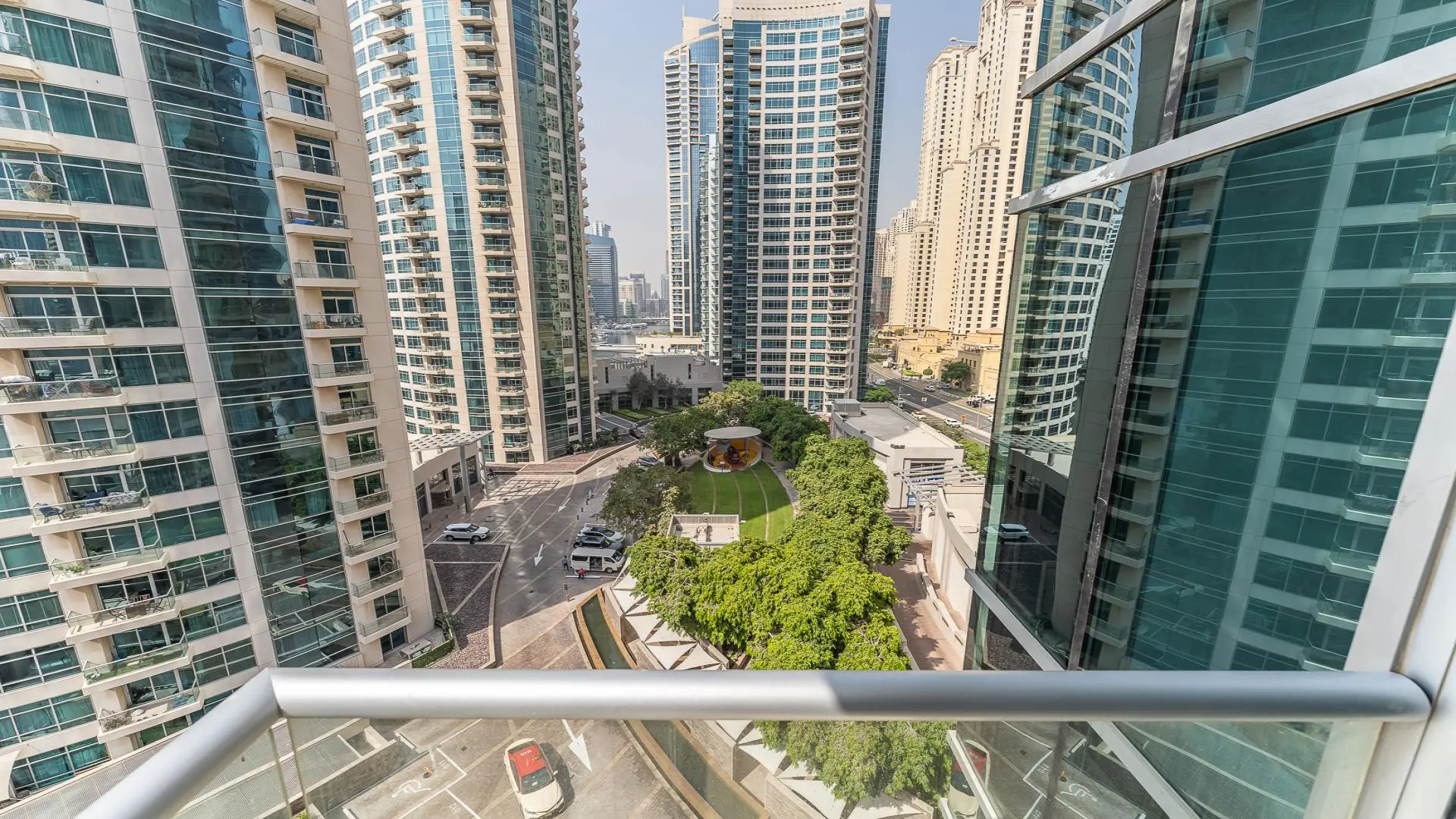Buying off-plan properties in Dubai Real Estate is one of the most sought-after strategies for both new and seasoned investors. It allows buyers to purchase a property at a lower-than-market price while enjoying flexible payment plans, modern designs, and sometimes personalized layouts. But while the rewards can be promising, the risks associated with buying before completion must not be underestimated. Without the right precautions, an off-plan investment can quickly turn from an opportunity into a liability.
Thank you for reading this post, don't forget to subscribe!In this comprehensive guide, we’ll walk you through the five most critical mistakes that investors often make when purchasing off-plan properties in Dubai. Avoiding these pitfalls can safeguard your investment and ensure a smoother and more profitable real estate journey. Whether you’re eyeing studio apartments in Downtown Dubai, exploring apartments across the UAE, or navigating listings through the complete rental guide, the insights below will help you approach off-plan buying with the clarity and caution needed to succeed.
1. Not Researching the Developer’s Background and Reliability
One of the most commonly overlooked yet most important elements of buying off-plan property is conducting a thorough check on the developer’s history and reputation. A strong track record speaks volumes about the developer’s credibility, reliability, and ability to deliver on time and to promised specifications. Unfortunately, many buyers get lured by glossy brochures and discounted pre-launch prices without taking the time to verify the company’s standing.
Start by looking into the developer’s past projects — did they deliver them on schedule? Were the promised amenities and design elements actually included? Was the quality up to buyer expectations? Online forums, social media groups, and property portals can provide unfiltered insights from previous clients. For example, if you are interested in off-plan listings in Downtown Dubai, cross-reference with reviews and ratings associated with that developer.
Always check for RERA registration, as this ensures that the project is being monitored by Dubai’s Real Estate Regulatory Agency. Reputable developers also offer escrow accounts for buyers, which protect your funds in case the project is delayed or canceled. Verifying financial stability is equally important, especially in uncertain economic conditions. Developers with over-leveraged portfolios may struggle with cash flow, delaying construction or compromising on quality.
Failing to perform due diligence on the developer can result in incomplete projects, poor-quality finishes, or severe delays — all of which directly affect your investment returns.
2. Ignoring the Details Hidden in the Sales Agreement
Many off-plan property buyers underestimate the complexity and importance of the sales agreement. This document isn’t just a formality — it’s the blueprint of your rights, obligations, and expectations. Skimming over the contract or signing without a legal review can leave you vulnerable to clauses that serve the developer’s interests more than your own.
Understand the payment schedule in detail.
Is it tied to construction milestones or rigid dates? Make sure it aligns with your financial planning. A misalignment can lead to penalties, or worse, losing your reservation due to missed deadlines.
Examine the completion and handover dates.
What happens if the project is delayed? Are there compensation clauses or penalty waivers? Some contracts have broad leeway for delays, giving the developer years of grace without consequences.
Check material specifications, finishing standards, and layout guarantees.
These must be clearly spelled out in the contract, along with brand names, flooring types, appliance quality, and fixture details.
Having a qualified real estate lawyer or legal advisor review the contract is not optional — it’s essential. Their expertise will help you understand your rights and ensure that you’re not agreeing to unfavorable terms hidden in legal jargon. When making an investment as significant as real estate in Dubai, clarity is protection.
3. Overlooking Market Trends, Demand, and Location Development
Investors often fall in love with the design or price of an off-plan property and forget the golden rule of real estate: location matters most. A beautiful property in an unpopular or underdeveloped area may struggle to appreciate in value or generate rental income, no matter how attractive it looks on paper.
Investigate the area’s rental and resale demand. Is the location well connected to key business districts, airports, schools, and metro stations? Are nearby projects by other developers being launched? These signs indicate a growth corridor.
Infrastructure is a game-changer. Planned schools, hospitals, malls, or transportation upgrades can significantly improve the value of your investment. Conversely, a lack of development signals stagnation.
Also, analyze macro and micro-market trends. For instance, if the Dubai Real Estate market is cooling down or facing oversupply, buying off-plan might expose you to higher risks than buying ready-to-move-in properties in stable areas.
Location analysis tools, government development plans, and platforms like zameeninfo.com can help you evaluate the true potential of the area before you commit.
4. Underestimating Hidden Costs Beyond the Purchase Price
It’s easy to get drawn in by the headline price of an off-plan apartment, but many buyers fail to factor in the total cost of ownership, which can dilute expected returns or stretch your budget dangerously thin.
Here are some of the often-ignored expenses:
- Service and maintenance fees: Most new developments include shared amenities like pools, gyms, parks, and concierge services. These come with annual service charges, which vary based on project type and location.
- DLD fees and transfer charges: The Dubai Land Department (DLD) levies a standard 4% registration fee. Other admin fees may apply, especially for mortgage-backed purchases.
- Furnishing and finishing: Some off-plan units come semi-finished, requiring buyers to spend significantly on kitchens, wardrobes, or complete fit-outs.
- Mortgage costs: Don’t forget bank processing fees, valuation reports, and early repayment penalties.
By accurately calculating these costs, you can make an informed investment decision. It’s also smart to set aside a 10-15% buffer in your budget to cover any cost overruns, unexpected fees, or contingencies.
5. Not Preparing for Construction Delays
Delays are not just possible — they are likely in many off-plan projects. Whether due to material shortages, contractor issues, permit delays, or economic fluctuations, it’s rare for large-scale real estate developments to complete exactly on schedule.
Having a realistic timeline in your investment strategy is critical. Make provisions in your rental plans, move-in expectations, and mortgage schedules for potential slippage of 6 to 12 months.
Always confirm that your sales agreement includes penalty clauses or compensation measures in case of excessive delays. Developers with strong reputations often offer fair remedies, but you need it in writing.
If you’re renting while waiting for the property to be ready, ensure you have a backup accommodation plan. Keep your finances liquid enough to absorb an extended wait time without distress.
Regular communication with the developer or project consultant can also help you stay updated and adapt your strategy accordingly.
How to Minimize Risk When Buying Off-Plan in Dubai Real Estate

To ensure your investment is well-protected and strategically positioned, follow these best practices:
Work with Reputable Agencies
A certified agent with local market knowledge can help you identify high-potential projects and avoid shady deals.
Visit the Location
Even if the unit doesn’t yet exist, visiting the project site gives you a clearer idea of surrounding infrastructure, ongoing construction, and developer credibility.
Get Financial Advice
Discuss your cash flow, financing, and expected returns with a financial planner before making the commitment.
Plan Exit Strategies
Will you flip the unit, lease it, or live in it? Having clarity on this from the start ensures your decision aligns with your broader goals.
Snagging and Handover: The Final Step That Can Make or Break Your Experience
Snagging is one of the most vital — yet commonly ignored — steps in the off-plan buying process. It involves thoroughly inspecting the completed unit for defects, missing elements, or quality concerns. These can range from chipped tiles and poor paint jobs to improperly installed appliances or non-functional electrical systems.
Ideally, the developer should perform a pre-handover inspection, but it is highly recommended that you or a professional snagging firm perform an independent review. Document all defects in a snagging report, ideally with photos and descriptions, and submit it to the developer.
The developer is legally bound to fix these issues within a set period. Upon rectification, a second inspection should be arranged before accepting handover and transferring ownership.
If problems persist or the developer fails to resolve the issues, you must refer to the dispute resolution clauses in your contract. Legal counsel can assist in escalating the issue to Dubai’s real estate courts if needed.
FAQs About Buying Off-Plan Properties in Dubai
Q1: Is buying off-plan property in Dubai safe for foreigners?
Yes. Foreign nationals can buy in designated freehold areas, and off-plan projects are regulated by RERA and the DLD.
Q2: What happens if a developer goes bankrupt?
If the developer is RERA-registered and the project has an escrow account, your funds are protected and can be refunded or redirected to another project.
Q3: Can I sell the off-plan unit before it is completed?
Yes, but most developers restrict resale until a certain percentage of payment is completed (often 30%-40%).
Q4: Are payment plans flexible?
Yes. Most off-plan deals come with attractive post-handover or milestone-based plans.
Q5: What’s the average ROI for off-plan properties in Dubai?
While it varies by location, off-plan properties can yield 7-10% ROI upon completion if chosen wisely.
Final Thoughts: Invest Smartly, Profit Confidently
Buying off-plan can be one of the smartest moves in Dubai Real Estate — if done correctly. By avoiding the five critical mistakes outlined above, you can position yourself for strong returns, secure ownership, and long-term capital growth. Make sure to conduct due diligence on developers, understand all contract clauses, factor in extra costs, plan for delays, and always work with trusted experts.
If you’re ready to explore safe and verified off-plan listings, check out zameeninfo.com for a curated selection of high-quality properties across Dubai and the UAE. Our guides, like this complete rental guide, and our Downtown Dubai studio listings will help you make informed decisions and build a winning real estate portfolio.








